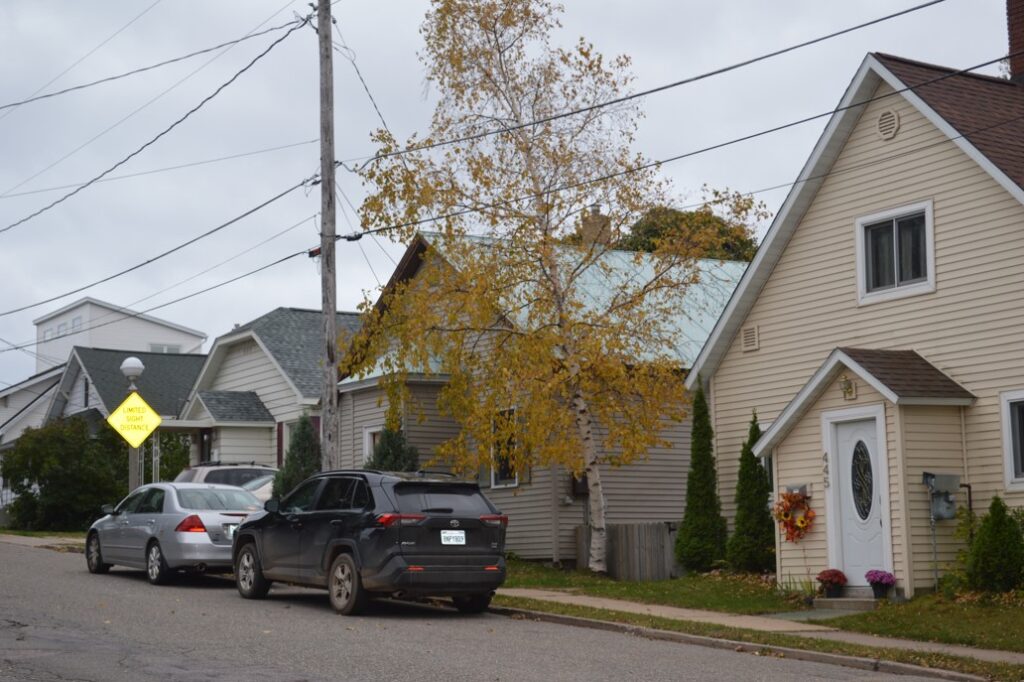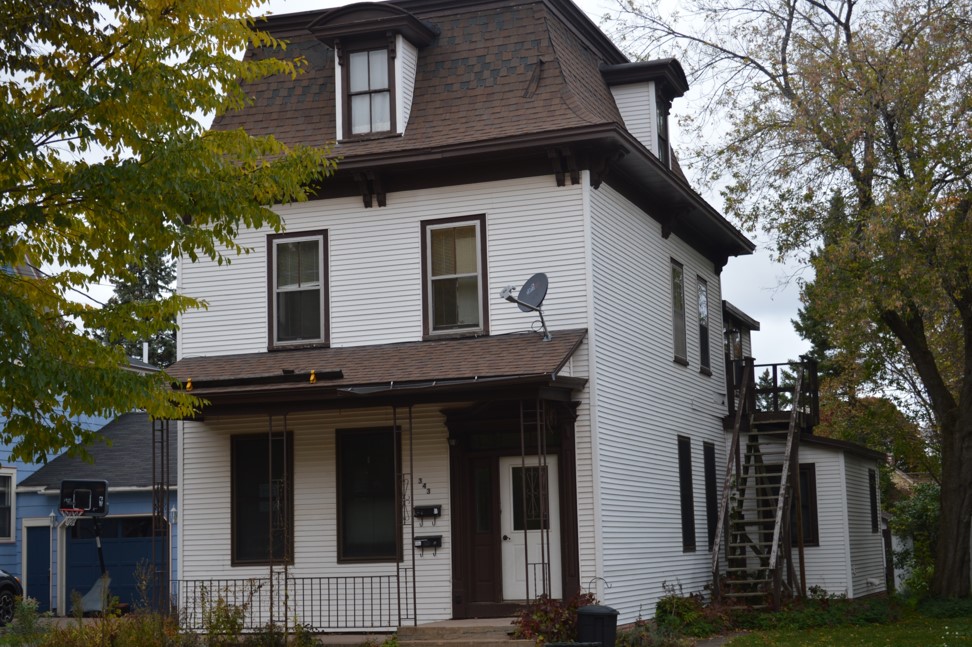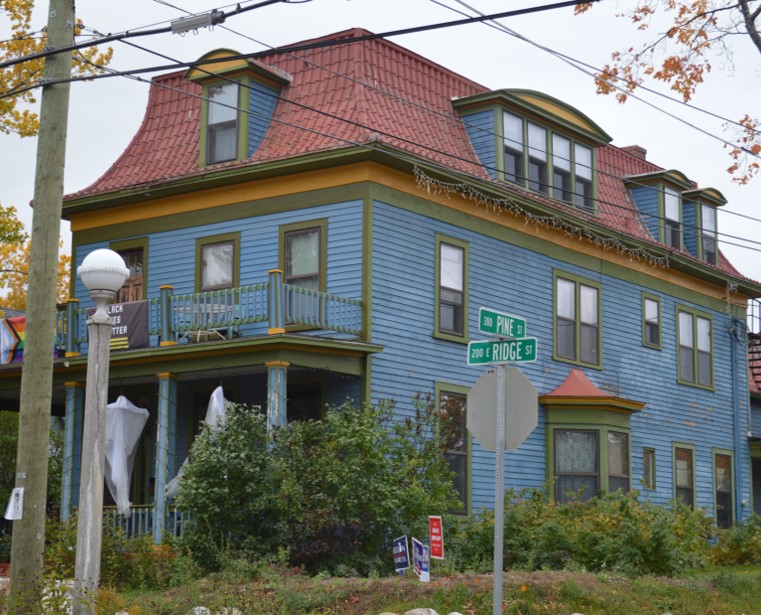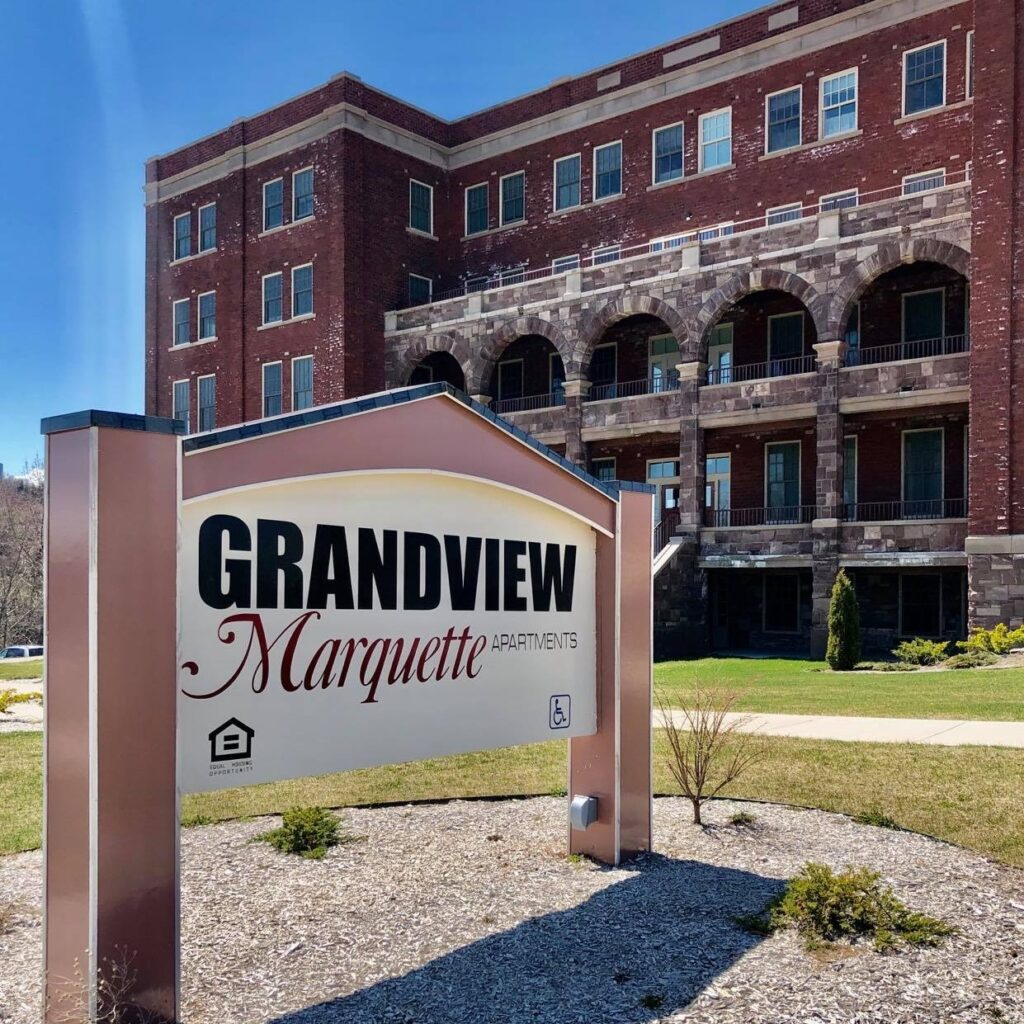
Within a few weeks of being elected in 2019, I worked with the Mayor to create the Ad Hoc Housing Committee and was elected as its Chair. We were tasked with studying the housing affordability crisis facing Marquette and reporting back to the City Commission with findings and recommendations – I was proud to help write our Final Report and Recommendations, which the Housing Committee unanimously approved in 2021. In November 2021, the City Commission voted to accept the Housing Committee’s Final Report, and in my second term it will be my top priority to implement the Housing Committee’s recommendations, including:
- Legalize duplexes & ADUs City-wide. Promote incremental development of more affordable “missing middle” by legalizing duplexes and Accessory Dwelling Units (a.k.a., ADUs or “granny flats”) as permitted land uses in all residential zones.
- Build affordable housing on City land. Designating selected City-owned properties specifically for affordable housing development, and create Requests for Proposals (RFPs) based on input from the public and the City Commission to find developers for these properties.
- Form public-private partnerships. Working with local public and private partners to develop affordable housing on vacant properties in Marquette, most notably the old hospital property, using incentives like Brownfield Tax Increment Financing (TIF) as leverage to extract firm commitments from developers and make affordable housing development financially feasible.
- Limit short-term rentals. Maintain Marquette’s current City-wide cap of 250 short-term rentals to limit the conversion of long-term rentals occupied by locals into short-term rentals for tourists. Also continue to strongly oppose state-level efforts to deregulate short-term rentals.
- Preserve long-term affordability for new affordable housing developments using deed restrictions which limit the resale price of new homes for a certain number of years, “silent” second mortgages like those used by Habitat for Humanity, and/or the creation of a community land bank in Marquette.
- Take a housing-first approach to ending homelessness by supporting the Room at the Inn homeless shelter and ongoing public-private efforts to build new affordable rapid re-housing units (for the 90% of people experiencing homelessness who are facing short-term housing crises) and permanent supportive housing for difficult-to-house individuals (about 10% of the homeless population).
Progress on housing is possible. Just in the Marquette area, we have seen several recent examples of successful affordable and mixed-income housing development in the past few years. Grandview Marquette (i.e., the old orphanage in Marquette), the Munising Marketplace and Harley Apartments Rental Rehab projects in Munising, and Jasperlite Senior Housing, which renovated Ishpeming’s old Bell Hospital into workforce housing for seniors, have all been incredibly successful housing developments which have all involved local government support and public-private partnerships. Combined, these projects have produced over 100 affordable low- and middle-income housing units. To cite another recent example from northern Michigan, an old psychiatric hospital in Traverse City is currently being redeveloped into the Grand Traverse Commons using Brownfield TIF, Low-Income Housing Tax Credits (LIHTC) and Historic Tax Credits, creating 68 low-income apartments, 91 affordable senior housing units, and 62 market-rate condos in a real estate market that’s even hotter than Marquette’s. We desperately need more projects like these in Marquette in the next few years.
Modular construction techniques are now allowing smaller, more affordable homes to be built quickly and efficiently to the same exact standards as traditional stick-built homes – in fact, there are multiple quality modular home manufacturers in the U.P., and even more in Michigan as a whole. The Marquette County Land Bank recently built a modular single-family home in Ishpeming with funding from MSHDA, and sold it for $179,900. There are currently only 2 houses for sale in Marquette in this price range, but modular housing could help solve that problem in the coming years.
We cannot afford to be cynical, or reassure ourselves with the tired old excuse that housing “isn’t a City issue.” If an issue is affecting the lives of City residents, then it’s a City issue, and the City should try to do something about it. The Housing Committee has provided the City with a clear roadmap and numerous achievable policy recommendations for making housing more affordable in Marquette – now all we need is the political will to act.
Most of the Housing Committee’s recommendations cannot be implemented overnight, and many will not be universally popular. But if you’re a nurse, an auto mechanic, a teacher, or a student who works in Marquette, goes to school or sends your kids to school in Marquette, and provides vital services to our community, then you should be able to live in Marquette and enjoy the fruits of your labor. That’s traditionally been possible for working-class families in Marquette, and if re-elected, I will spend the next 3 years working hard to ensure that it remains possible for many years to come.




